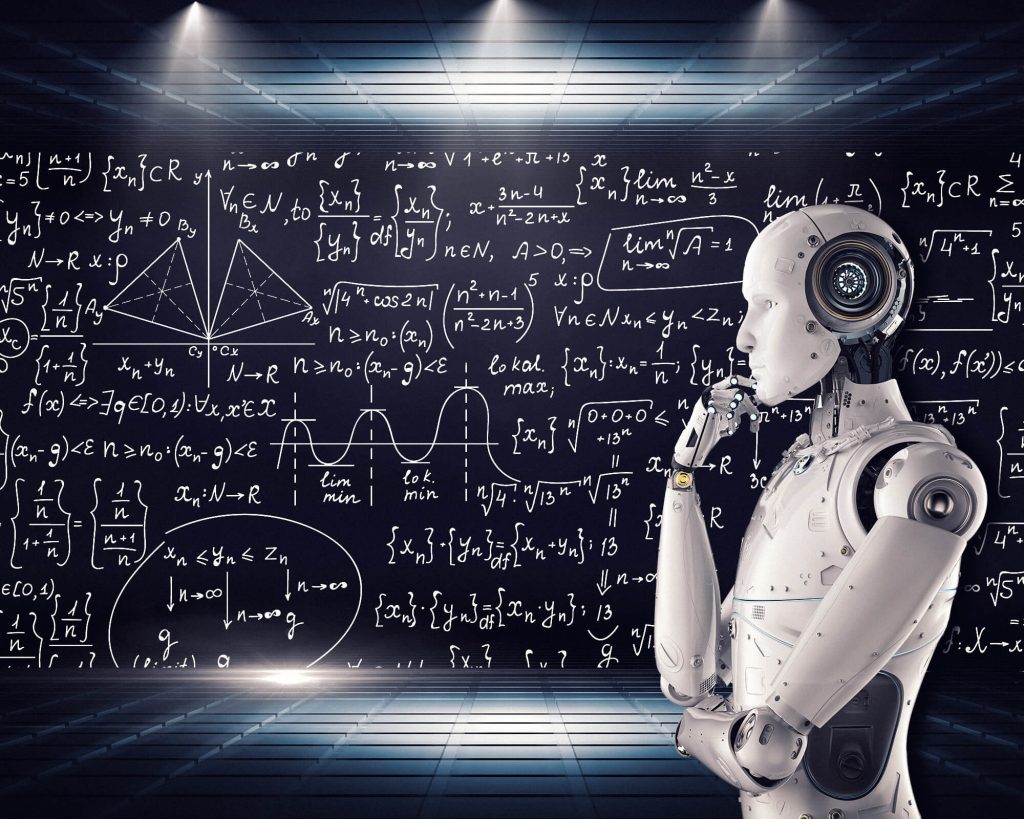Natural Language Processing (NLP) is a field of artificial intelligence that focuses on the interaction between computers and humans using natural language. Developing algorithms, models, and tools to study and interpret human language allows computers to process human-like language.
NLP has become a critical component of many modern applications, including chatbots, machine translation, sentiment analysis, and content recommendation systems.
So, what’s Natural Language Processing exactly?
NLP is a complex interdisciplinary field that brings together computer science, linguistics, and cognitive psychology to teach computers how to process and analyze human language. NLP algorithms use statistical methods and machine learning techniques to understand the meaning of words, phrases, and sentences.
This understanding enables computers to automatically process and analyze large amounts of text data, identify patterns and relationships, and provide insights into human language.
Python is a popular programming language for NLP
Due to its simplicity, ease of use, and large community of developers Python has become the programming language of choice. There are numerous libraries and frameworks available in Python that make it easy to get started with NLP, including Natural Language Toolkit (NLTK), spaCy, and Gensim. These libraries provide a range of tools for text pre-processing, tokenization, sentiment analysis, and more.
What are the real world applications of NLP?
NLP has numerous real-world applications, and there are numerous examples of how it’s being used today. Sentiment analysis analyzes consumer comments, social media posts, and online reviews to determine public opinion about a product, service, or brand. Machine translation allows computers to automatically translate text from one language to another, making international communication simpler.
Machine learning as a component of NLP
NLP relies on machine learning to teach computers to interpret and process human language. There are various machine learning techniques used in NLP, including supervised learning, unsupervised learning, and reinforcement learning. These techniques enable computers to automatically learn from data and make predictions about future data based on that learning.
In conclusion, Natural Language Processing is a fascinating and challenging area that might change how we use computers. From sentiment analysis to machine translation, NLP has numerous real-world applications and is critical to many modern technologies.





